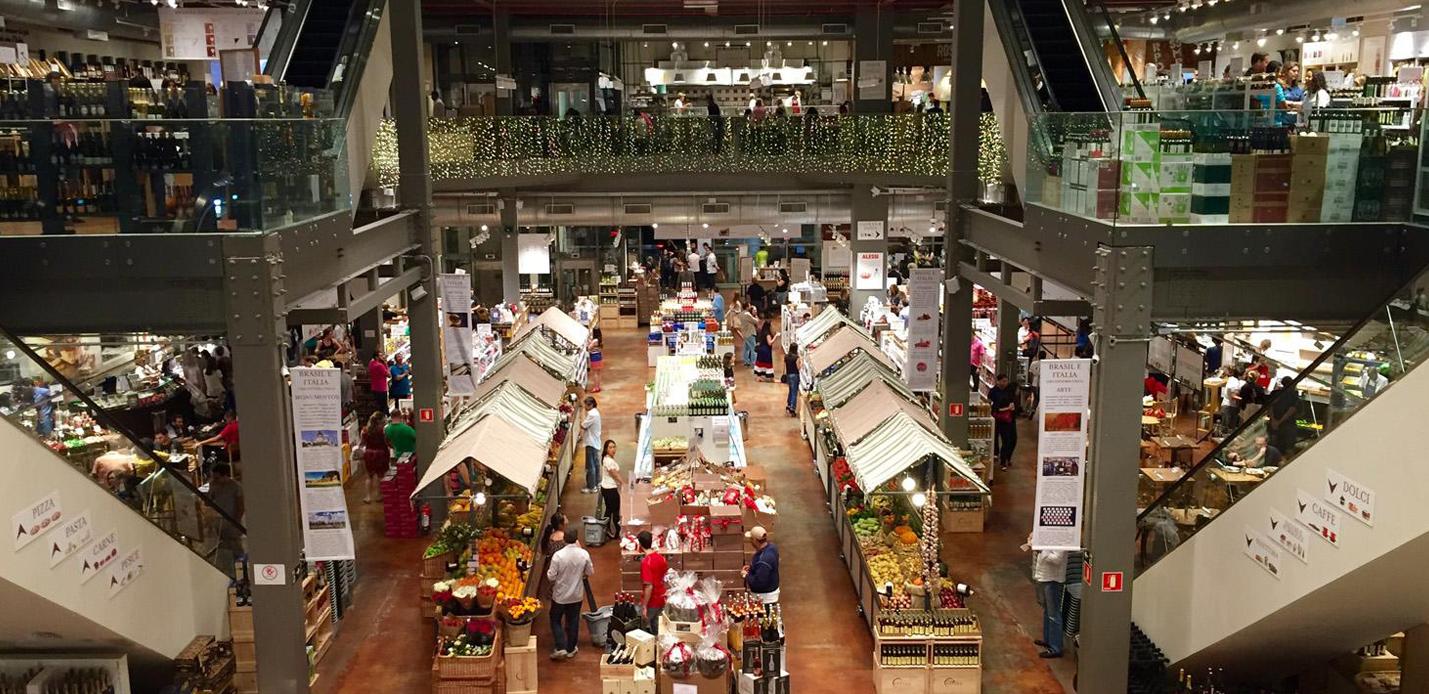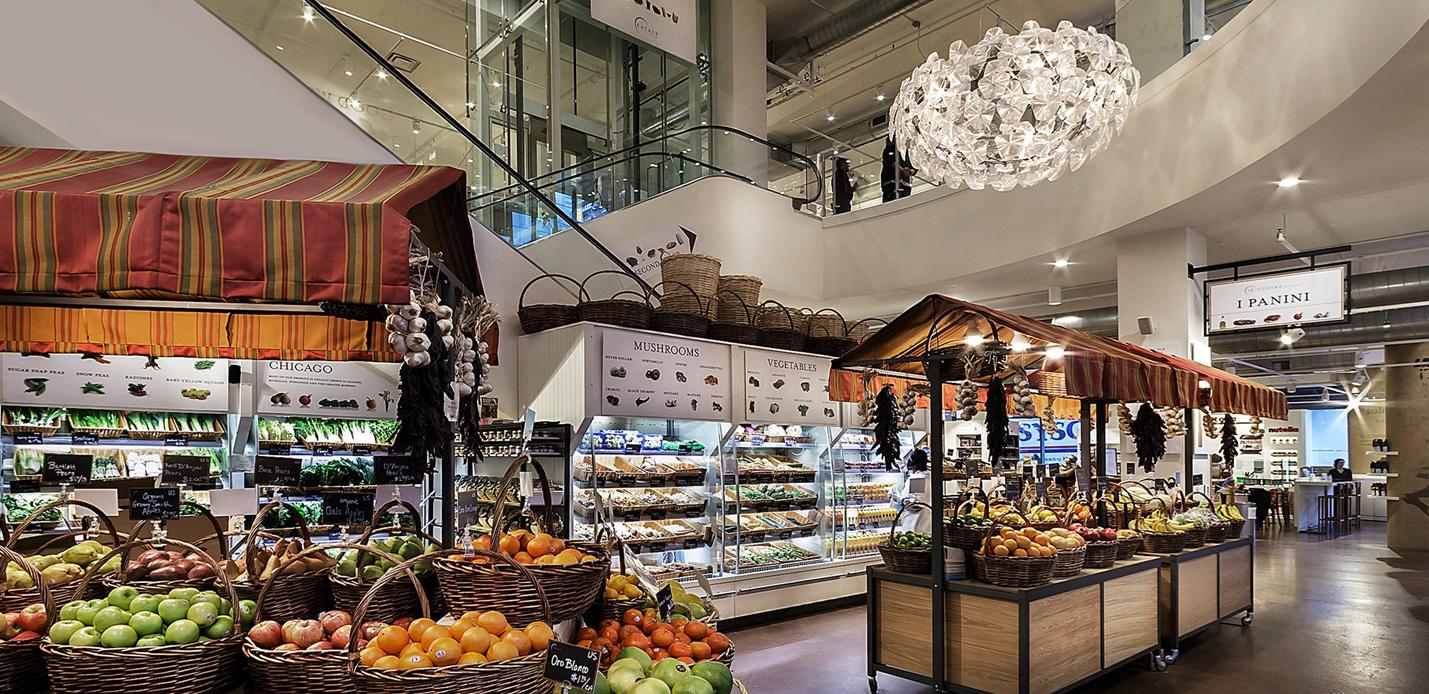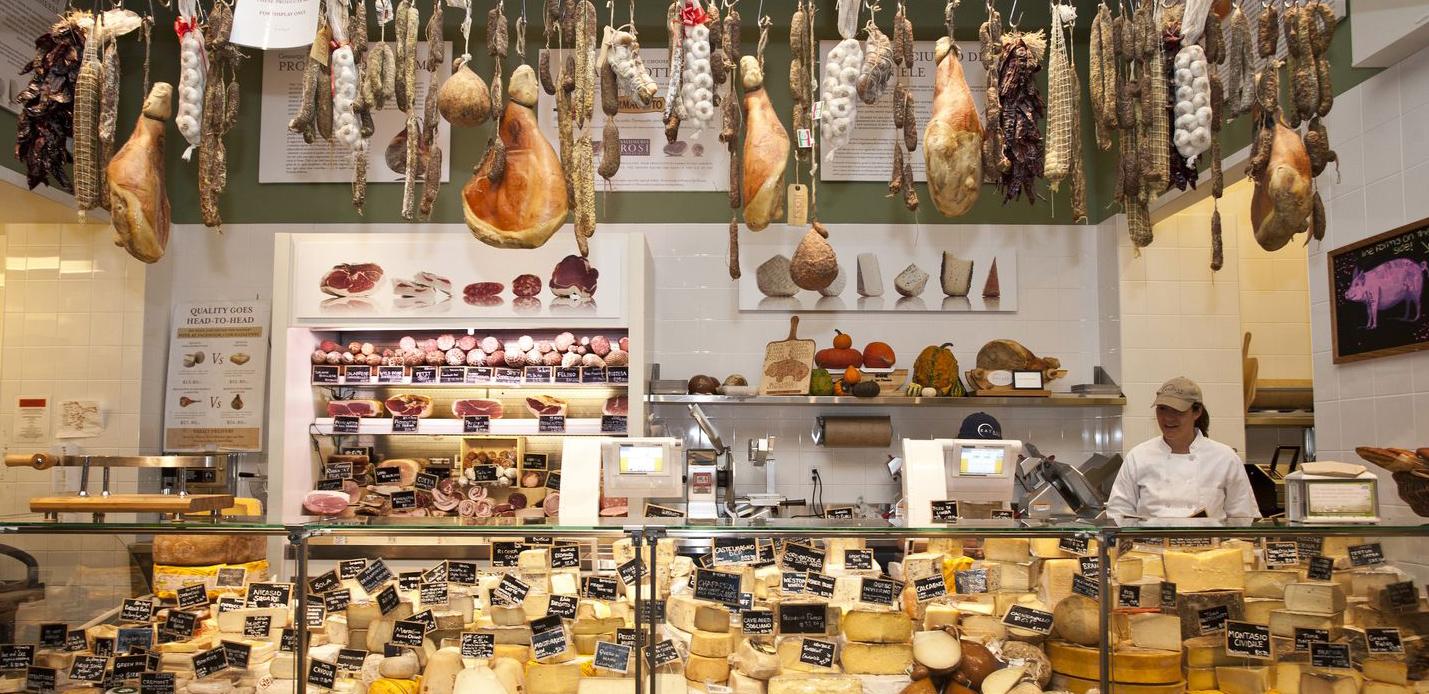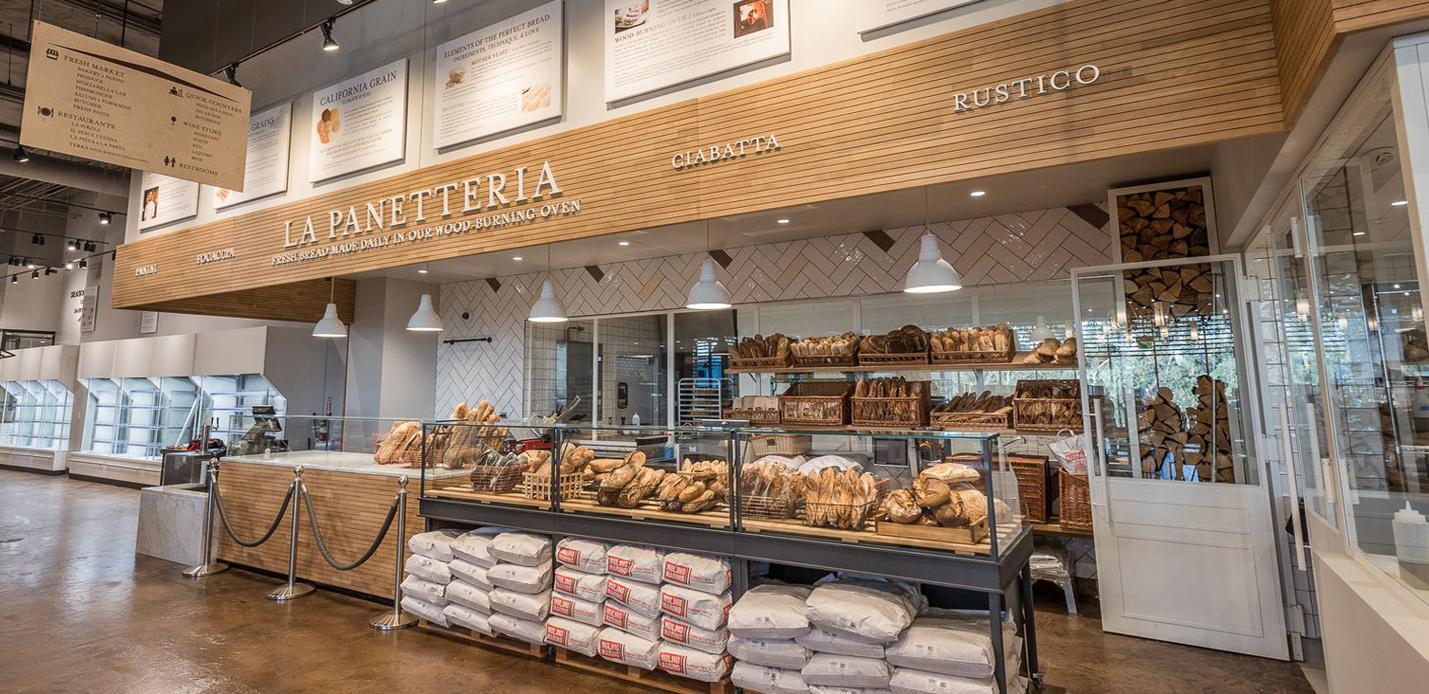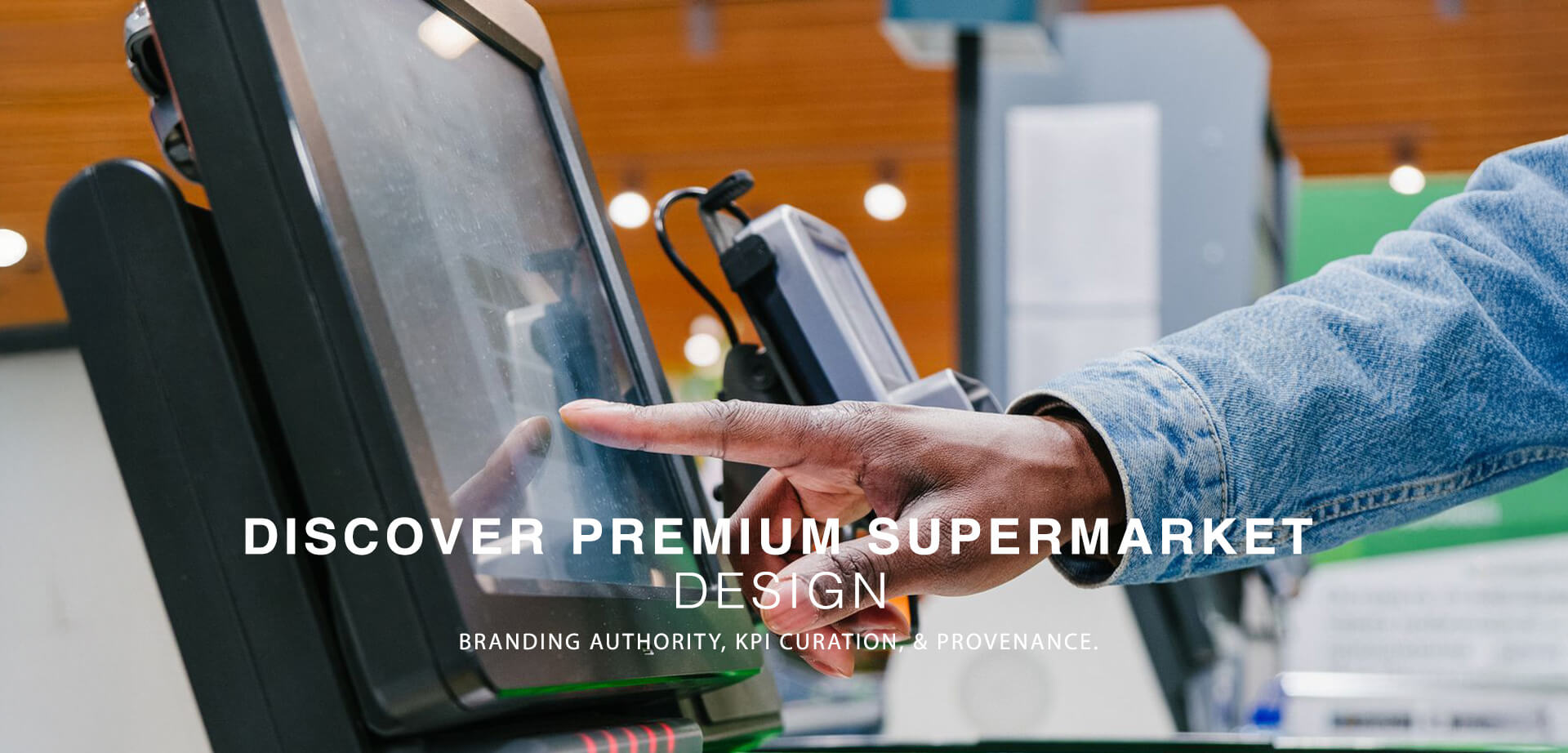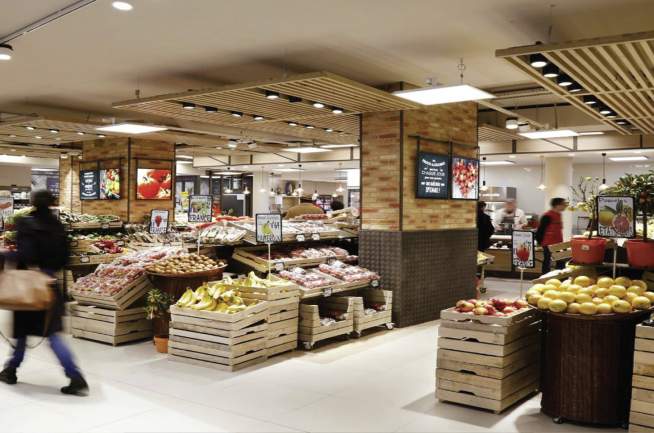News and Views
An Online to Offline new retail platform by Yonghui supermarkets in China.
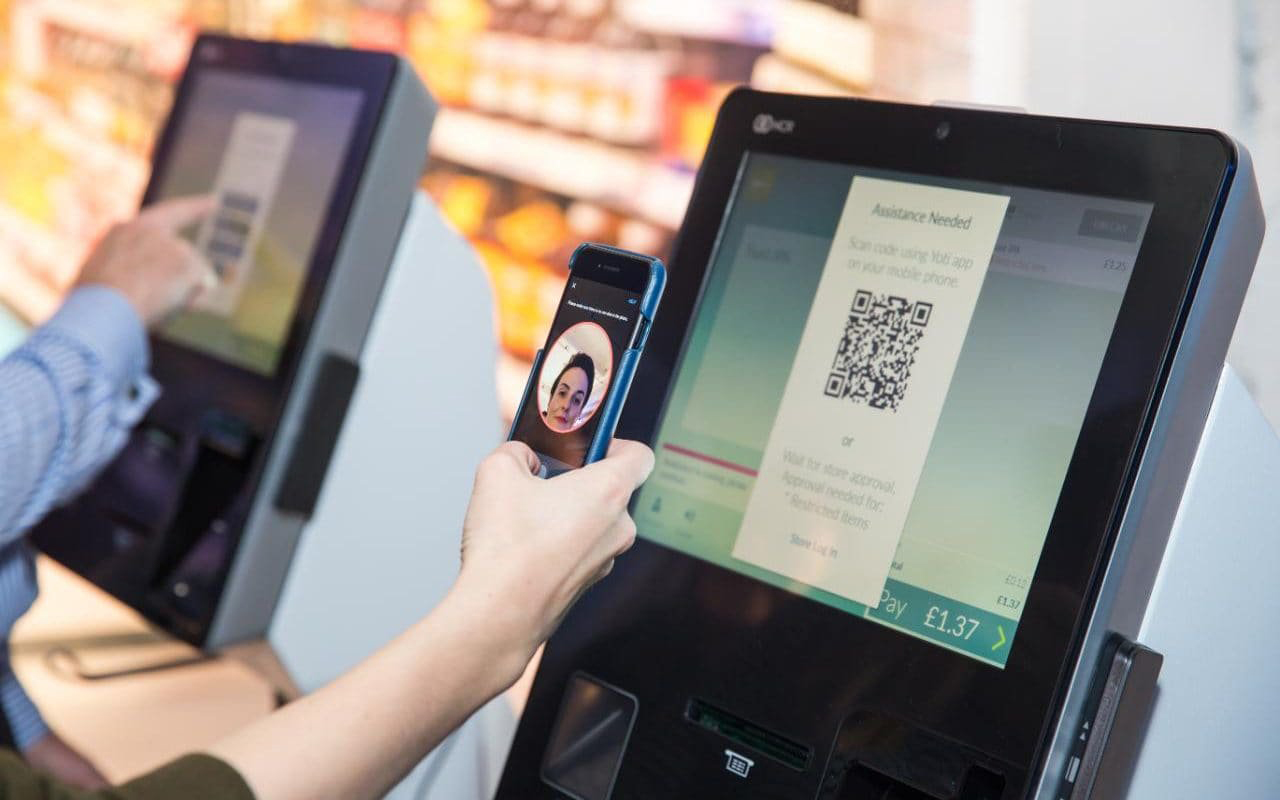

Eataly, Hy-Vee, Yonghui
Recent articles on our site have explored the future of supermarkets, highlighting innovations from Amazon Go, Whole Foods, Albert Heijn, Gooz, and speculating on how the supermarket model may evolve in the coming years.
The past decade has been transformative for the grocery industry, laying the groundwork for a new approach to food retailing across supermarkets, hypermarkets, and convenience stores. While technology is poised to disrupt how people shop and increase efficiency, new market entrants are developing apps that contribute positively to how we live our lives.
One such example is the Online to Offline (O2O) retail platform by Yonghui Supermarket, one of China’s fastest-growing grocery retailers. Known primarily for its hypermarkets, Yonghui has expanded into high-end supermarkets under the Yonghui Bravo brand. These stores create a premium shopping experience, offering a wide selection of fresh produce, particularly fruits and vegetables, alongside impressive service counters. Yonghui Bravo also features a broad range of imported goods, catering to both local and expatriate shoppers.
The Yonghui Bravo stores, along with their Life App and WeChat Mini Program, integrate the company’s online and offline businesses. As the fifth-largest hypermarket chain in China, Yonghui enables customers to shop online and receive deliveries within 30 minutes if they are within 3 km of the store. The app also functions as a payment tool for in-store purchases, further streamlining the shopping experience.
Ultimately, food retailing is about people, health, education, and building relationships with shoppers. It’s time to reimagine what supermarkets can be. Grocery industry leaders are constantly seeking ways to enhance the shopping experience through technology, branding, promotions, and store design.
A great example of this is Eataly, an Italian marketplace offering food counters, restaurants, and markets selling a wide variety of Italian products. From fresh ingredients that inspire home-cooked meals to kitchen appliances that bring Italian cuisine to life, Eataly provides an immersive experience. The store’s premium feel is enhanced by wooden fixtures, market-style displays, and enticing counters. Complementary products like homewares and cookbooks further inspire customers.
Eataly has also been a pioneer in the food hall trend currently gaining popularity in the U.S. While Europe has long embraced the idea of combining grocery shopping with restaurants and communal dining, this is a relatively new concept for many Americans. Eataly has introduced them to the experience of dining where they buy their groceries.
Another standout in grocery innovation is Hy-Vee, an employee-owned chain of over 245 supermarkets across the Midwestern U.S. Known for its store-in-store approach, Hy-Vee continually pushes the boundaries of the grocery industry. The brand’s message to its shoppers is clear: "We are all things food."
Hy-Vee’s forward-thinking strategy and commitment to customer satisfaction make it a highly successful and well-regarded regional chain. As the grocery industry evolves, these companies show that a blend of technology, convenience, and a focus on the customer experience is the key to future success.






